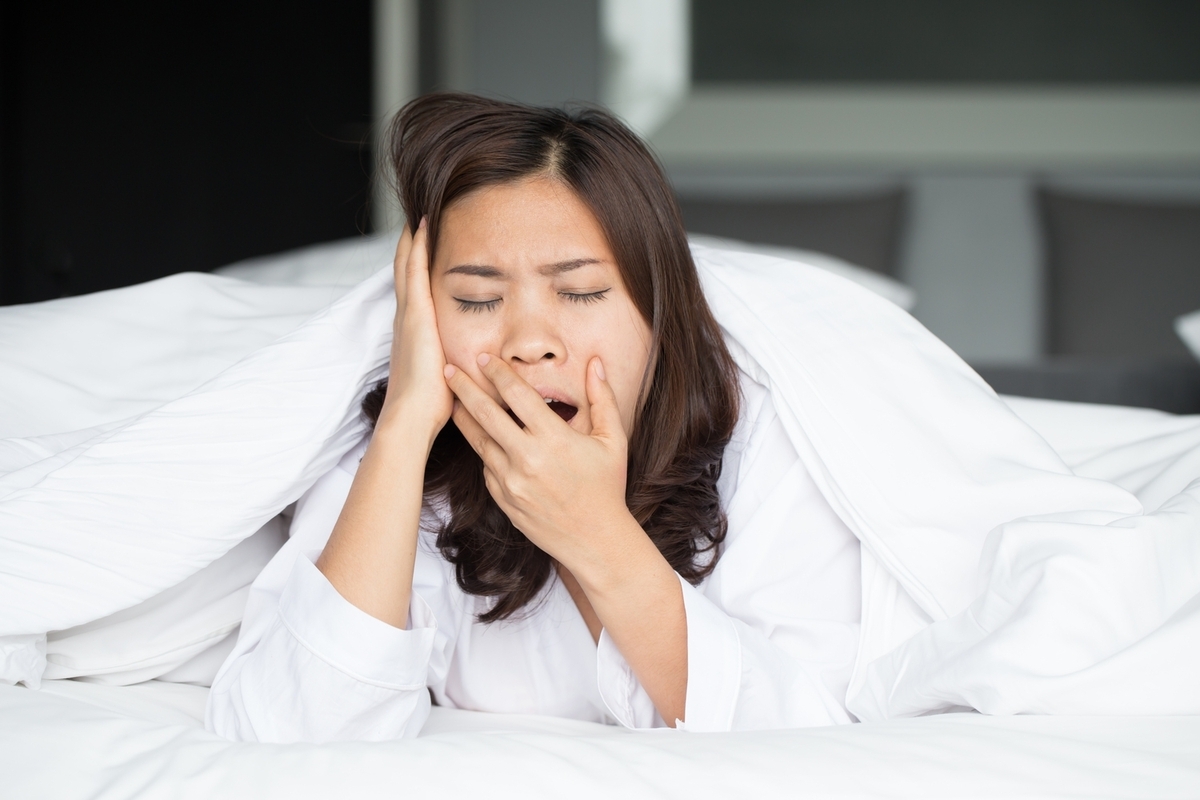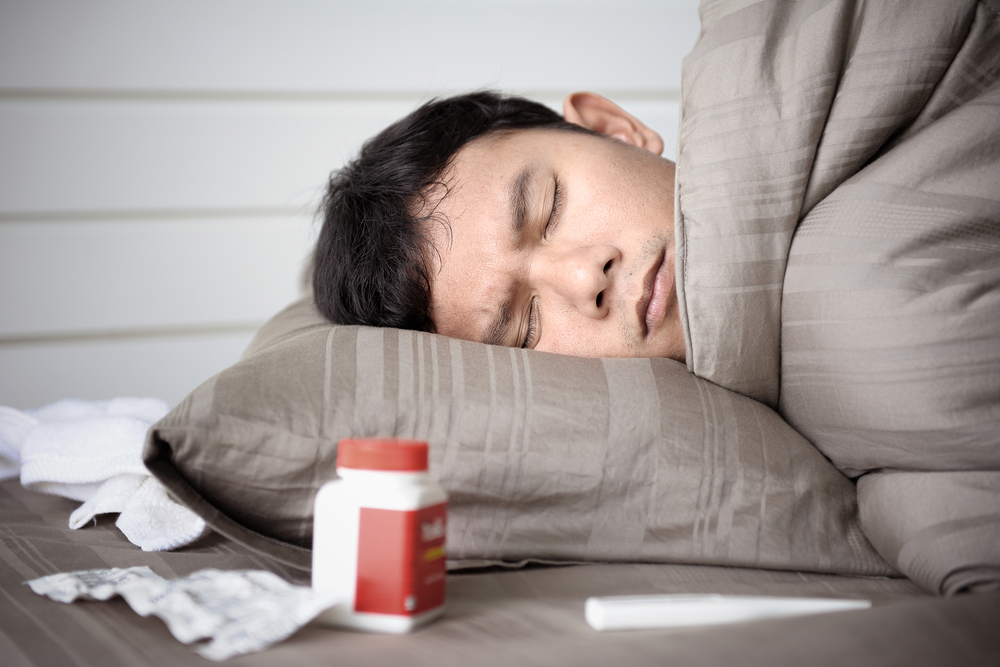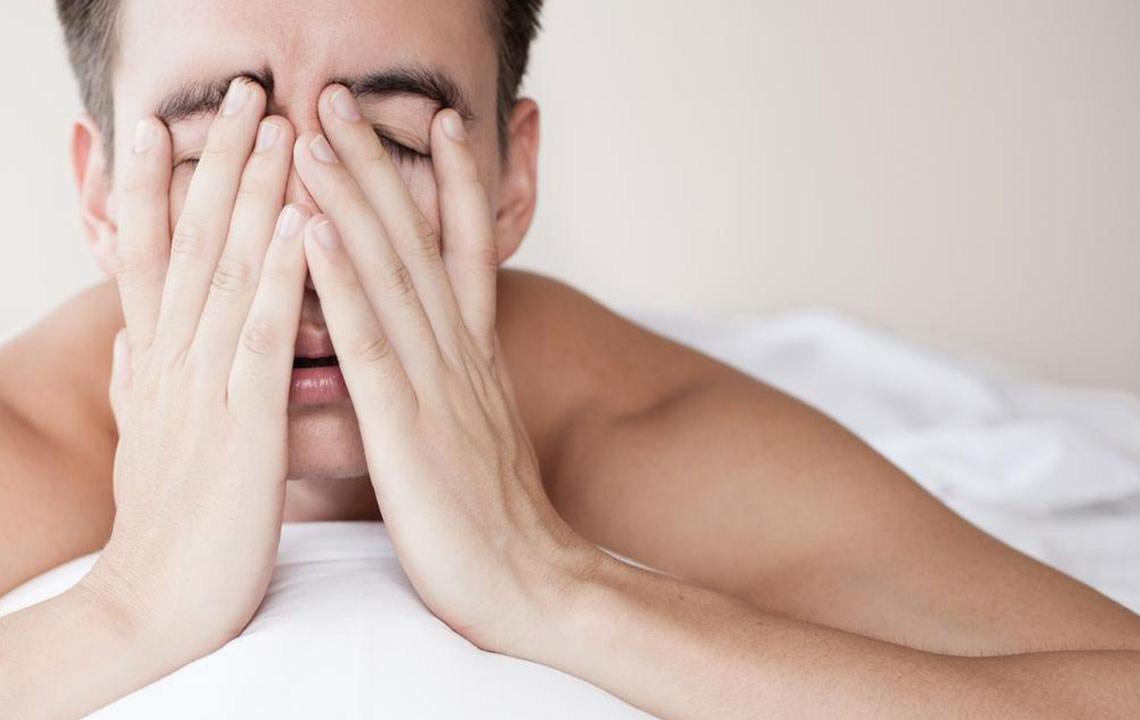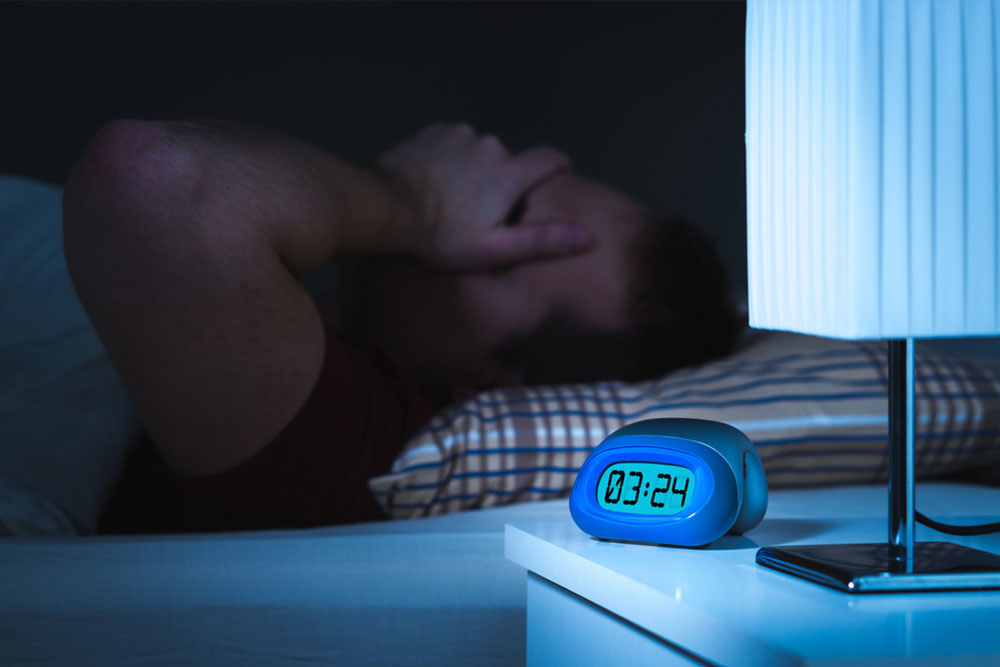Understanding and Managing Excessive Daytime Sleepiness
Excessive daytime sleepiness affects many, caused by sleep disorders, mental health issues, or lifestyle habits. Proper diagnosis, lifestyle adjustments, and medical treatments can help manage symptoms effectively. Recognizing underlying causes is vital for improving sleep quality, daily functioning, and overall well-being. Consulting healthcare providers ensures personalized care for persistent EDS, leading to better health and increased productivity.

Understanding and Managing Excessive Daytime Sleepiness
Many people worldwide experience excessive daytime sleepiness (EDS), which can negatively impact daily life and productivity. Characterized by persistent tiredness and difficulty staying alert despite sufficient sleep, EDS often signals underlying health or lifestyle issues. Recognizing the main causes of EDS is crucial for effective management. It’s important to identify if sleep disorders, mental health issues, chronic illnesses, or lifestyle habits are contributing factors. Proper diagnosis and lifestyle adjustments can help reduce symptoms and improve quality of life.
What is Excessive Daytime Sleepiness?
EDS is a symptom linked to various health problems rather than a standalone condition. Addressing the root cause is key to effective treatment and symptom relief.
Beyond fatigue, EDS can lead to accidents, cognitive challenges, and overall decline in health.
Health Conditions Leading to EDS
Sleep-Related Disorders
1. Obstructive Sleep Apnea (OSA): This common disorder involves airway blockages during sleep caused by relaxed throat muscles, resulting in frequent awakenings and poor sleep quality, which causes daytime sleepiness.
2. Narcolepsy: A neurological condition that causes sudden sleep attacks and loss of muscle tone (cataplexy), disrupting normal sleep patterns.
3. Restless Legs Syndrome (RLS) and Periodic Limb Movement Disorder (PLMD): These involve involuntary leg movements during sleep that can fragment sleep, leading to EDS.
Mental Health Factors
1. Depression and Anxiety: Both can disturb sleep—depression may cause excessive sleeping, while anxiety can result in insomnia—ultimately leading to drowsiness during the day.
2. Bipolar Disorder: During depressive phases, sleep disruptions can intensify, contributing to EDS.
Chronic Health Conditions
1. Chronic Fatigue Syndrome (CFS): Marked by unrelenting exhaustion unrelieved by rest, often accompanied by sleep disturbances, causing persistent EDS.
2. Hypothyroidism: An underactive thyroid reduces energy levels and can cause sleepiness.
3. Diabetes and Blood Sugar Imbalances: Glucose fluctuations can lead to fatigue and sleep issues, provoking EDS.
Habits That Contribute to EDS
Poor Sleep Practices
1. Irregular Bedtimes: Inconsistent sleep schedules disrupt circadian rhythms, impairing sleep quality and causing daytime drowsiness.
2. Sleep Environment: Factors like noise, light, and uncomfortable beds hinder restful sleep.
3. Blue Light Exposure: Using screens before sleep interferes with melatonin production, delaying sleep onset.
Use of Substances
1. Caffeine and Alcohol: Excess caffeine can cause insomnia, while alcohol may initially induce sleep but later lead to restlessness, both resulting in EDS.
2. Smoking: Nicotine stimulates the nervous system and can impair sleep quality, especially when smoked near bedtime.
Strategies to Combat EDS
Effective management involves lifestyle modifications and medical treatments. Consider these steps:
Enhancing Sleep Hygiene
1. Consistent Sleep Timing: Going to bed and waking up at the same times daily helps maintain healthy circadian rhythms.
2. Sleep-Friendly Environment: A dark, quiet, and cool room promotes restorative sleep.
3. Reduce Screen Time: Limiting exposure to screens before bed supports melatonin production.
4. Avoid Stimulants and Depressants at Night: Cutting down on caffeine and alcohol improves sleep quality.
Medical Options
1. CPAP Therapy: For OSA, continuous positive airway pressure devices keep airways open and improve sleep quality.
2. Medications: Prescription drugs may be necessary for conditions like narcolepsy or severe mental health issues, under medical supervision.
3. Behavioral Therapy: Cognitive Behavioral Therapy for Insomnia (CBT-I) can address sleep difficulties stemming from mental health concerns.
Understanding and addressing the causes of EDS is essential for improving health and daily functioning. Lifestyle changes, medical treatments, and professional guidance can significantly reduce symptoms, leading to a more energetic and healthier life. If you experience persistent daytime sleepiness, consult a healthcare professional for proper diagnosis and treatment plan.










